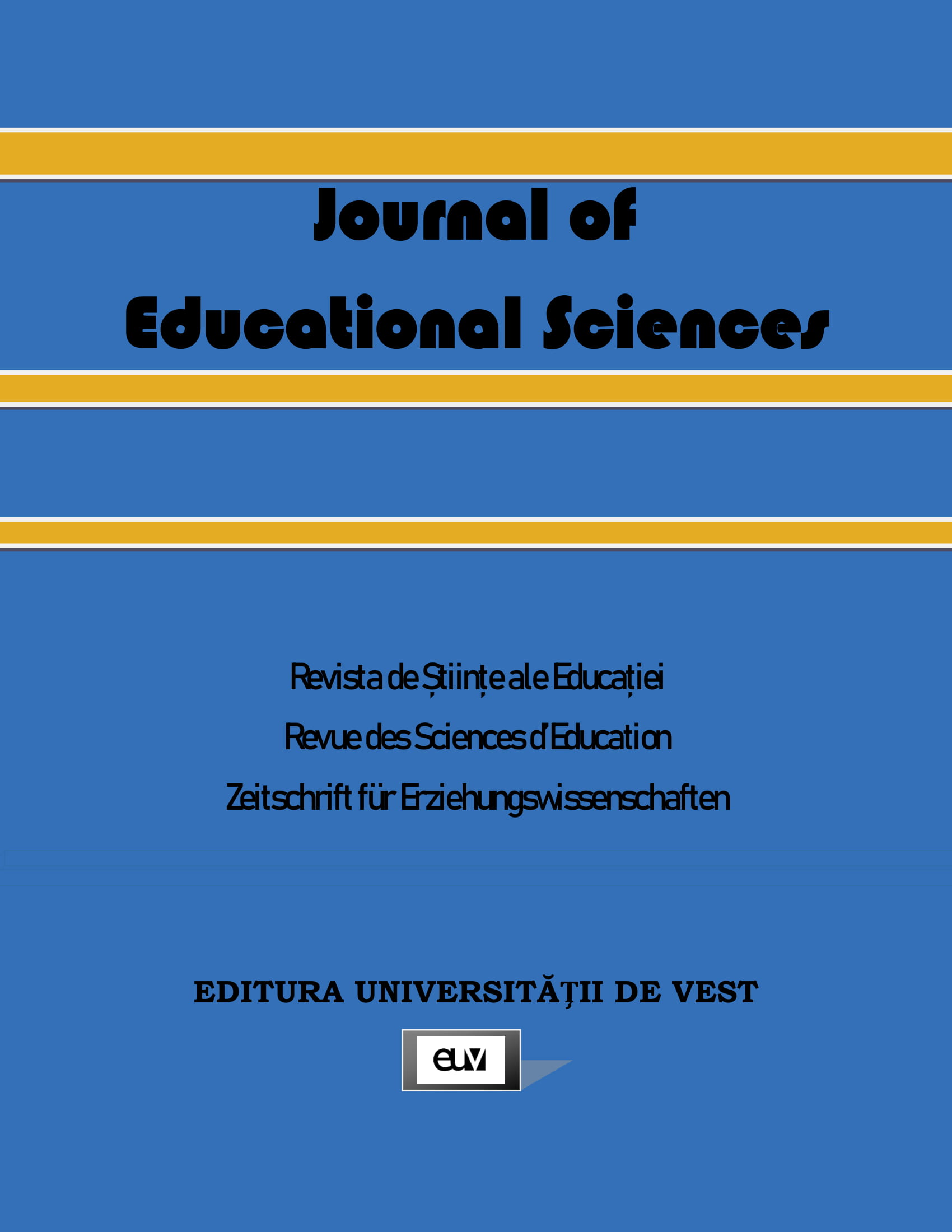Sexuality in teaching – good, bad or ugly? Lessons from a collaborative ethnographic study
Sexuality in teaching – good, bad or ugly? Lessons from a collaborative ethnographic study
Author(s): Barnabás Sárospataki, György MészárosSubject(s): Gender Studies, Epistemology, Cultural Anthropology / Ethnology, Methodology and research technology, Ontology, Pedagogy
Published by: Editura Universității de Vest
Keywords: sexuality; critical pedagogy; feminist pedagogy; collaborative ethnography;
Summary/Abstract: Sexuality in education is often considered taboo, following a social attitude that perceives sexuality as dirty and ugly in the teacher-student relationship, not only if it implicates sexual relationships but erotic feelings or subtle sexual connotations, too. Studies tend to judge the issue more reflexively along with moral and pedagogical categories of right and wrong, good and bad. However, in our collaborative (auto)ethnographic research, we found that sexuality, in a broad sense, as an anthropological dimension, is inescapably present in pedagogical relations and teaching. Going beyond a moralising approach, we aim to analyse sexuality in teaching along the lines of critical (feminist) pedagogy and the ethics of care. In line with these perspectives, we also aim to provide practical implications for teachers on the subject. Our theoretical approach follows these two frameworks but still takes a focused and limited approach to sexuality by concentrating on its universal and performative aspects. Our analysis seeks to answer how sexuality in teaching can be judged as 'good' or 'bad'. Our study's novelty consists of exploring the topic in a broad sense and a complex approach combining pedagogical and ethical aspects. Methodologically, our reflection is based on two related auto/ethnographic projects running over several years. A key element of the inquiry was a continuous collaborative reflection in our dialogical field notes complemented by interviews and focus groups. In presenting our findings, we use vignettes to illustrate the complex dimensions of sexuality in teaching. We conclude that the 'good' and 'bad' factors of the presence of sexuality cannot be separated entirely. Teachers should move beyond a moralising and dismissive attitude to reflect (or even consciously integrate) the dimension of sexuality in their teaching. Still, they should constantly reflect on the power relations and oppressive factors inherent in sexuality.
Journal: Revista de Științe ale Educației
- Issue Year: 45/2022
- Issue No: 1
- Page Range: 3-21
- Page Count: 19
- Language: English

